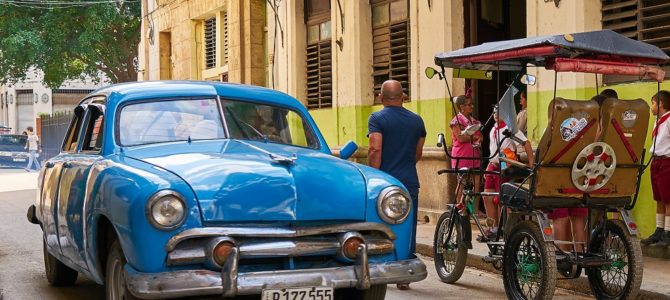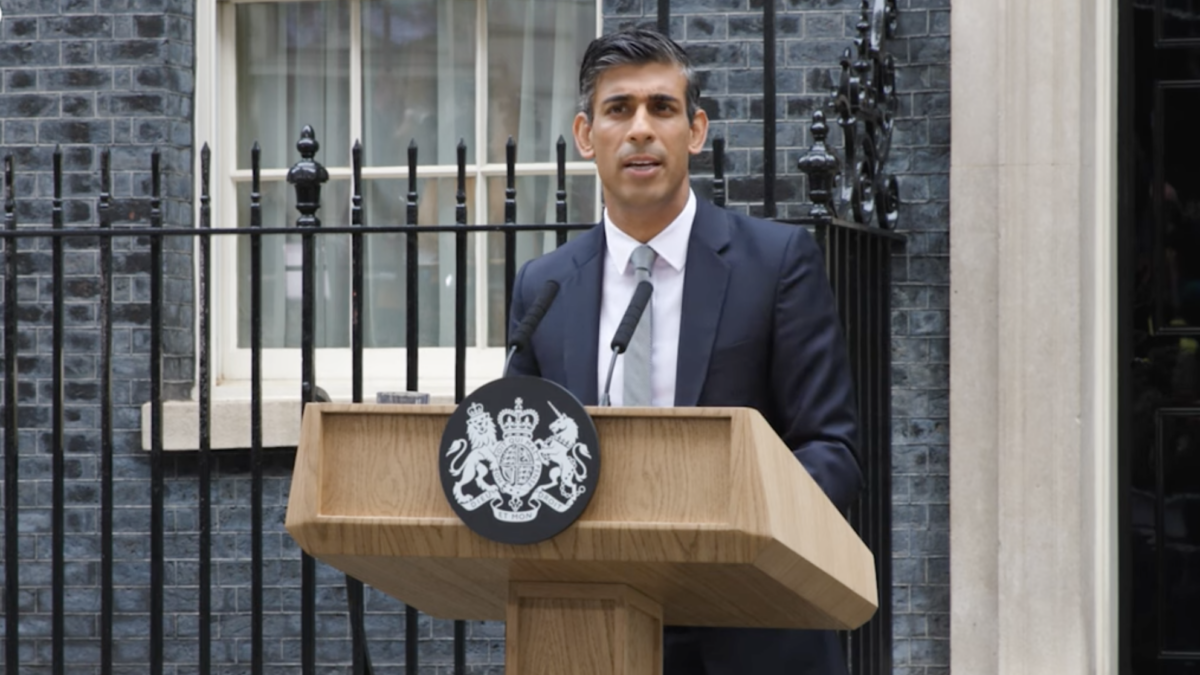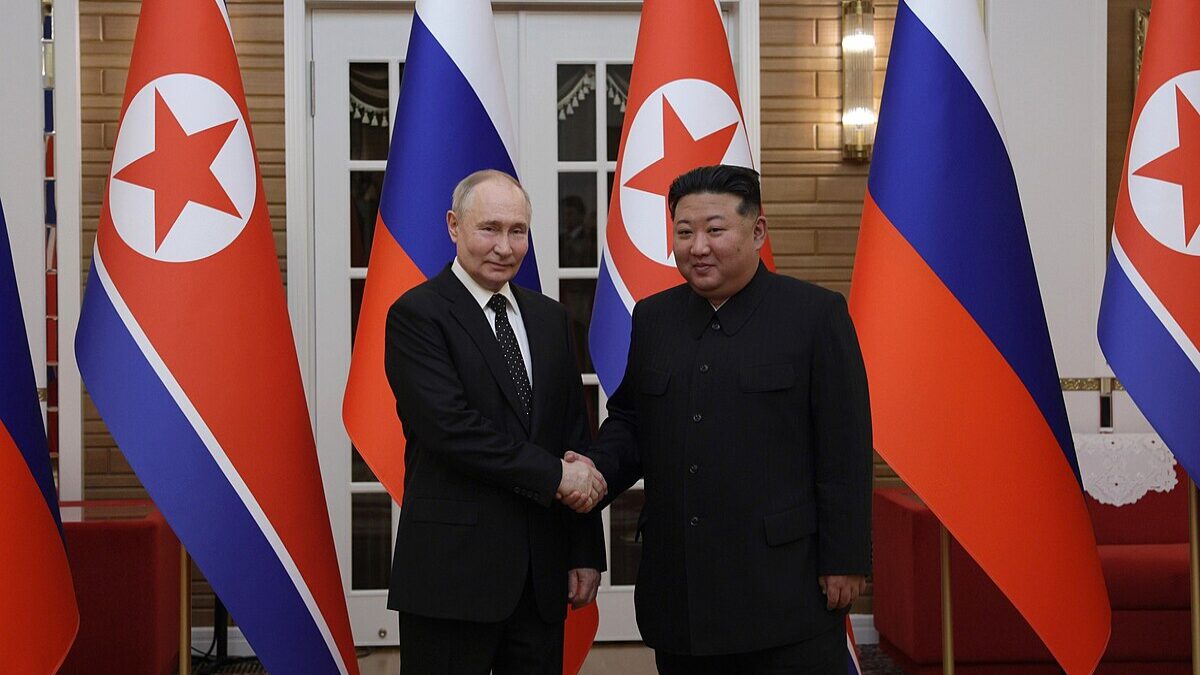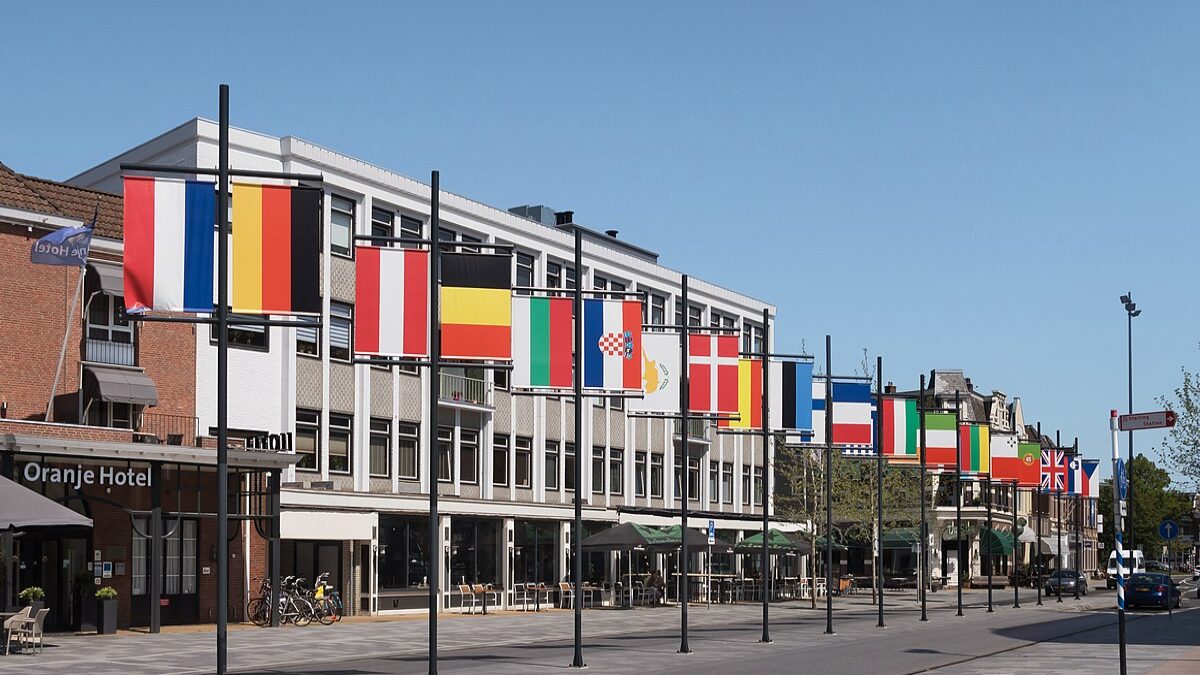
HAVANA, CUBA — A sense of relief washed over me as my documentary team huddled in the corner of the American Embassy in Havana.
The American flag flying above the building meant we had our rights again. Inside the heavily garrisoned fortress of an embassy, we were able to use the internet without massive government restrictions to book our emergency flights home. We drank our first sips of clean water. Both of these privileges we had forgotten about after three days in the socialist country.
Our morning had begun with armed government agents storming our rental house in Havana and demanding access to our rooms and camera gear. We bolted from the house with everything we could carry and fled to the U.S. Embassy. Two hours later, we boarded a flight back to America. It was the best feeling in the world.
Just a few days earlier, as our documentary team prepared for an imminent trip to Cuba, we had a distinct creative worry: “What if everything goes right?” At Turning Point USA, we take a firm stand against socialism and believe strongly in free markets. However, American media had made socialist Cuba look like a Caribbean utopia. How will we show “socialism sucks” if it did not “suck”?
Do a quick social media search for “Cuba.” You will see some beautiful images, of men in suits smoking cigars and driving vintage cars, turn-of-the-century brightly colored Spanish architecture buildings, paparazzi snaps of Jay-Z and Beyonce walking the streets of Havana, and pictures of President Obama inexplicably and peacefully enjoying a baseball game with communist dictator Raúl Castro.
We found these images spin a carefully crafted narrative. They are intended to deceive us and hide the real Cuba. Here is the side of Cuba we saw that the American media refuses to show you: Bread lines, gas lines, food shortages, crumbling infrastructure, crippling poverty, and an oppressed people suffering under the jackboot of socialism. See for yourself:
Our TPUSA documentary crew traveled to Havana in fall 2019 as part of our “Socialism Sucks” Series. The country had been portrayed as a perfectly preserved glimpse into 1950s Caribbean life revealed itself to be a country rattling around the hollow shell of a formerly prosperous capitalistic society.
In 1959, the government of Cuba was overthrown by self-proclaimed Marxist-Leninist Fidel Castro. For the last six decades, the country has operated under the communist policy and experienced economic stagnation, poverty, famine, and myriad other social obstacles.
What many do not realize is that 90 percent of the Cuban economy is controlled by their government. Resource scarcity, poverty, horrific living conditions, and oppressive government plague this once beautiful nation.
Citizens rush the open gates of an open grocery store only to find that there are no fresh fruits, meats, nor vegetables in stock. Food is rationed and provided to establishments by the government. Cuban citizens are unable to access the necessities they need to feed their families.
Furthermore, government-provided housing is less than ideal. Socialism has so diminished the standard of living that crumbling infrastructure and filthy living conditions are commonplace. Citizens live in what were once beautiful mansions that have fallen into complete desolation because there are no private funds to maintain them. For many, this is a haunting illustration of the prosperity of a Cuba long gone, destroyed in a single generation by communism and socialism.
Despite its obvious failures in countries like Cuba, Americans still contemplate adopting socialist policies. This ideology has been especially well-received by the youth and millennial generations. But this begs the question: Why? Why do Americans idealize this form of government?
Most millennials have no concept of what socialism actually looks like when applied to an active governmental structure. This is largely because many of them were not even alive during, or even in the aftermath of, the tyrannical rules of 20th-century socialist leaders like Joseph Stalin and Mao Zedong. The American millennial’s lack of understanding creates no repulsion to Marxist constructs like “free health care, housing, education” because they have never witnessed the consequences that historically follow these ideas.
However, young socialism activists fail to realize the fatal problem associated with these governmentally regulated freedoms: quality control. Following the basic concept of supply and demand, it can be predicted that the quality of free government handouts will begin to crumble as the demand increases. The more free handouts the government gives, the poorer they will be in quality. Citizens will notoriously cover the cost of these “free” handouts with taxpayer dollars. Thus, making what was once considered free a burden to the people.
Such is the case in socialist Cuba. Citizens live in the ruin of a promised utopia and lack the basic “free” necessities the government agreed to provide. The very government handouts that offered such promise are what holds the society back from growth and prosperity.
“The people of Cuba are some of the nicest people I’ve ever met. So watching them live in turmoil, watching them live in ruins actually kind of pisses you off. And these people don’t know any better,” says Colton Duncan of TPUSA’s production team. “They don’t know natural rights.”
Indeed, if there is one major takeaway from our trip to Cuba, it is that you will never appreciate the God-given rights and protections we take for granted here in America more than when you are stripped of them by a socialist regime. This is a valuable lesson I wish those pushing for socialist policies in America could realize.
When was the last time you were truly thankful for your Fourth Amendment Right enshrined in our Constitution? I finally am.









